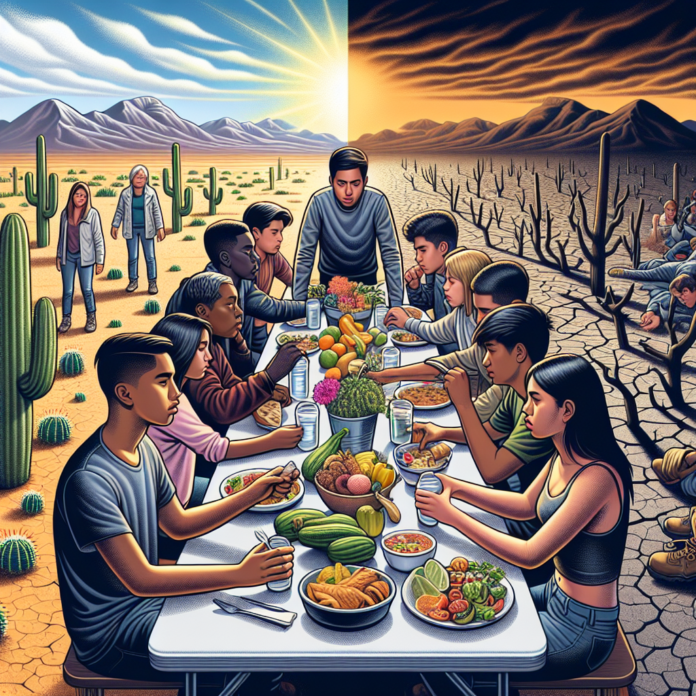Gen Z in Arizona Concerned About Climate Impact of Food Choices
Gen Z in Arizona and Beyond Concerned About the Impact of Food Choices on Climate Change
In Arizona and around the world, Generation Z is increasingly anxious about how their dietary habits contribute to climate change. This environmentally conscious generation is keenly aware that food production and consumption play a significant role in greenhouse gas emissions, deforestation, and resource depletion. As a result, they are actively seeking ways to reduce their carbon footprint through more sustainable eating practices.
The Environmental Impact of Food Choices
Food production is a major driver of climate change due to its reliance on fossil fuels, water usage, and land conversion. Livestock farming, in particular, is a significant contributor to methane emissions, a potent greenhouse gas. Gen Z is especially concerned about these issues, as they will face the long-term consequences of environmental degradation.
Shifting Towards Plant-Based Diets
Many young people are choosing to adopt plant-based diets as a way to minimize their environmental impact. By reducing or eliminating meat and dairy consumption, they aim to decrease demand for resource-intensive animal agriculture. This shift is not only seen as a personal choice but also a broader movement towards sustainability.
The Role of Technology and Education
Gen Z is leveraging technology and social media to educate themselves and others about sustainable food practices. Online platforms provide a wealth of information about the environmental impact of different foods and offer practical tips for adopting a more eco-friendly diet. Educational campaigns and influencers are also playing a crucial role in spreading awareness and encouraging positive change.
Challenges and Opportunities
Despite their enthusiasm, Gen Z faces challenges in making sustainable food choices. Accessibility and affordability of plant-based options can be barriers, especially in areas with limited availability. However, the growing market for alternative protein sources and eco-friendly products presents opportunities for innovation and expanded access.
A Call to Action
As Gen Z continues to advocate for sustainable food systems, they are calling on governments, businesses, and communities to support their efforts. This includes implementing policies that promote sustainable agriculture, investing in green technologies, and encouraging responsible food production and consumption.
In conclusion, the concerns of Gen Z about the impact of food choices on climate change are driving a broader dialogue about sustainability. Their commitment to finding solutions underscores the importance of collective action in addressing one of the most pressing challenges of our time.


